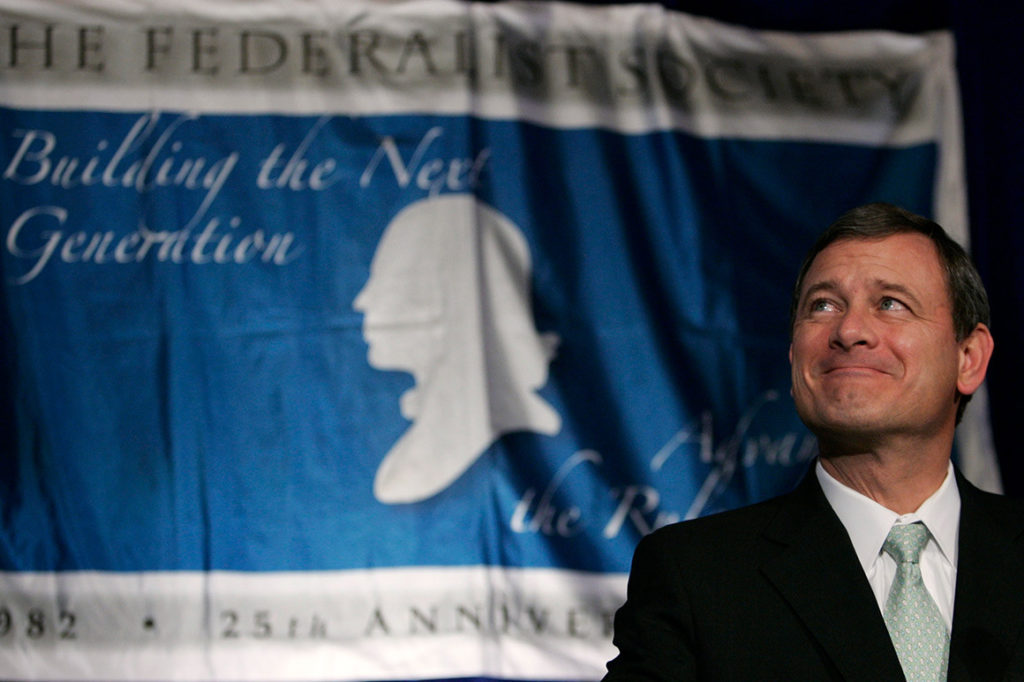The Federalist Society Is Under Attack (Again)
A slightly different version of this essay first appeared in Law & Liberty on January 29, 2020 (here). Thanks to How Appealing, Legal Insurrection (here), and Real Clear Policy (here).
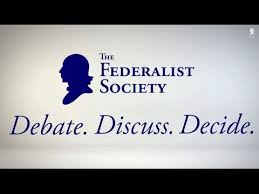
As has been widely reported, a recently-released draft advisory opinion of the Committee on Codes of Conduct of the Judicial Conference of the United States—a 15-member group of judges responsible for fashioning and interpreting ethical rules applicable to the federal judiciary—concluded that membership in the non-partisan Federalist Society by judges, law clerks, and staff attorneys is improper because the group’s ideological orientation would call its members’ impartiality into question. The draft ethic opinion, which was reportedly leaked, is subject to internal discussion within the Committee during a 120-day comment period ending on May 20.
The draft opinion included the American Constitution Society, a liberal counterpart to the Federalist Society, in the membership ban. For inexplicable reasons, the draft opinion did not extend the ban to the American Bar Association, even though that left-leaning organization—unlike the Federalist Society—advocates political causes, engages in lobbying, files amicus briefs, and adopts resolutions on a broad range of public policy topics. The ABA is essentially a liberal special interest group, but judges are still permitted to be a member while serving on the federal bench.
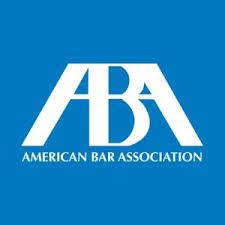
Many commentators have criticized the draft opinion, which reverses the Committee’s position in 2007 regarding the ACS (which then treated the ACS as indistinguishable from the ABA). Critics of the draft opinion include the Wall Street Journal (in a pair of hard-hitting editorials), Carrie Severino and Ed Whelan in National Review, and Erielle Davidson in The Federalist. The Wall Street Journal called the draft opinion “political mischief masked in high-sounding rhetoric.” Disclosure: I am a longtime member and supporter of the Federalist Society. Attacks on the Federalist Society are not new. Over two decades ago, former ABA president Jerome Shestack (who while serving on the ABA’s judicial appointments committee joined the minority in rating Robert Bork “not qualified” for the U.S. Supreme Court) condemned the Federalist Society in the National Law Journal as an “extremist right-wing group.”
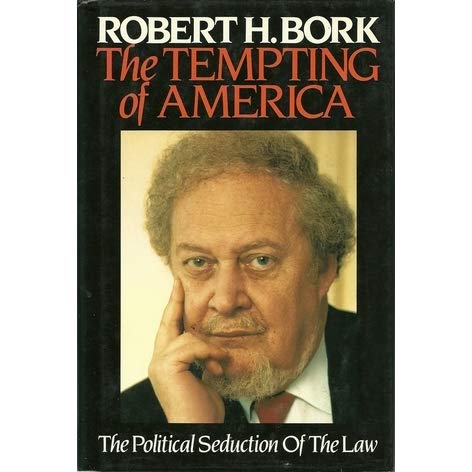
When I was still practicing law in California, I responded to Shestack in a now-paywalled 1999 article in the American Lawyer Media publication Cal Law, entitled “Hey, Hey, ABA—How Many Federalists Did You Smear Today?” I pointed out that the Federalist Society is a mainstream organization that promotes—typically through open debate—ideas central to the Founding: judicial fidelity to the Constitution, maintaining federalism and the separation of powers, and upholding the rule of law. These ideas are, in the abstract, hardly controversial, and certainly do not represent—as the draft opinion contends—“advocating…conservative causes.” Alas, political discourse has become even more polarized in the subsequent 20 years, and the “cancel culture” has become even more entrenched.
Still, one is prompted to wonder: What is going on? The answer, in my estimation, is that the Left, having gained hegemony in many influential spheres of American life (the mainstream media, Hollywood, academia, the legal establishment, and even commerce, as evidenced by Goldman Sachs getting “woke”), has grown frustrated at its failure to extinguish the opposition in legal academia. Despite numerical domination on the faculty of elite law schools, so overwhelming at some schools as to constitute an insular echo chamber, progressives have failed to conquer the conservative-libertarian remnant. Indeed, thanks in large part to the spirited debates sponsored by the Federalist Society since its founding in 1982, various progressive fads such as Critical Legal Studies (and its various spin-offs, such as critical race theory), deconstructionism, and creative theories in favor of construing the Constitution as a “living” document have failed to gain significant traction outside of the fever swamp of law school faculties.
To the contrary, originalism has become the most accepted theory of constitutional interpretation (even by some scholars on the left), the judiciary—buoyed by Republican-appointed judges–soberly ignores legal academia’s entreaties, and, most frustrating of all, the American public stubbornly hews to the traditional notion that judges should apply the law, not make it up—thereby rejecting the past 70 years of activist legal scholarship. It is particularly disheartening to left-of-center lawyers who predominate in large law firms, the organized bar, and the many “public interest” litigation groups engaged in left-wing advocacy for them to witness an unprecedented number of federal judges being confirmed during the administration of a president whom they vociferously despise. To rub salt in the wound, many of Trump’s judicial appointees were members of the Federalist Society.
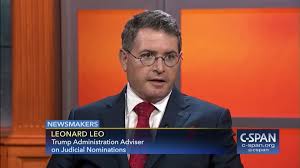
What do liberals do when they can’t win a debate or prevail in an election? They resort to name-calling, try to silence their critics, and de-legitimize the opposition through collateral attacks. President Trump and the Republican-controlled Senate have overcome the Left’s frontal assaults to confirm two committed originalists on the Supreme Court. That Leonard Leo, formerly executive vice president of the Federalist Society, took a leave of absence from the organization to advise Trump on his Supreme Court appointments put a target on the group’s back. The draft ethics opinion, produced by a committee that includes the chairman of the ABA’s Appellate Judge Conference and a former plaintiffs’ lawyer from Rhode Island who contributed nearly $700,000 to Democratic candidates before being appointed to the district court by President Obama, is obvious pay-back—punishment for winning on the merits.
If the draft opinion becomes final—and it is likely that it will not—federal judges and their clerks will be forced to disassociate from the Federalist Society, something liberal activists apparently believe will reduce the prestige and influence of the group. What the Left doesn’t understand is that the power wielded by the Federalist Society consists of its timeless ideas: the legacy of the Framers, as signified by the group’s symbol—the silhouette of James Madison. Unless the partisan proponents of this ill-conceived campaign of retaliation are able to suppress The Federalist Papers and squelch debate (which is increasingly happening on college campuses nationwide), it is nothing but a mean-spirited cheap shot at a venerable group that has stymied the Left’s goal to control the nation’s legal discourse.

The Wall Street Journal warned that “The judiciary doesn’t need another a political black-eye, this time over rules issued by insiders and clearly aimed at restricting the right of association of students, lawyers and judges with originalist legal views.” That was the shot, followed a few days later with this chaser:
The political left wants to bar judges and clerks from Federalist Society ranks so that belonging to the group will become politically anathema. Democrats will wave the draft ethics rule, if it is adopted, as a bloody shirt against judicial nominees who have belonged to the Federalist Society.
All of this risks tarnishing the reputation of the judiciary as even-handed and nonpartisan. Chief Justice John Roberts, who ultimately supervises the Judicial Conference, should tell the Codes of Conduct Committee to stop this dirty political business.
I hope that Chief Justice Roberts, understandably preoccupied at the moment, is listening.
